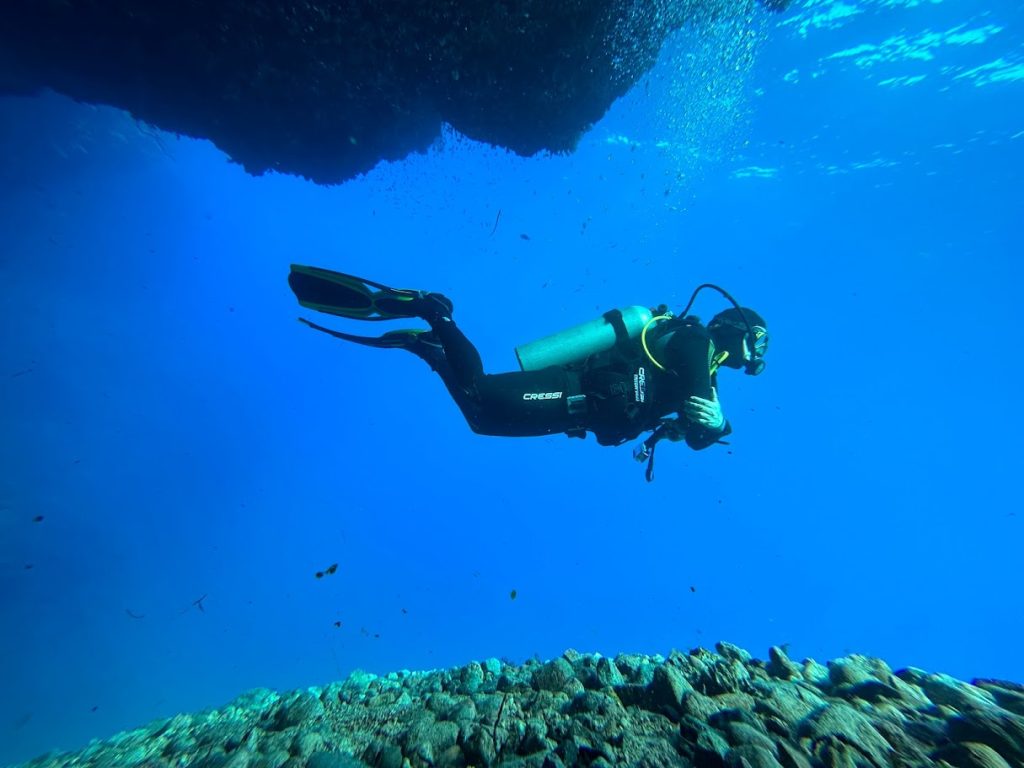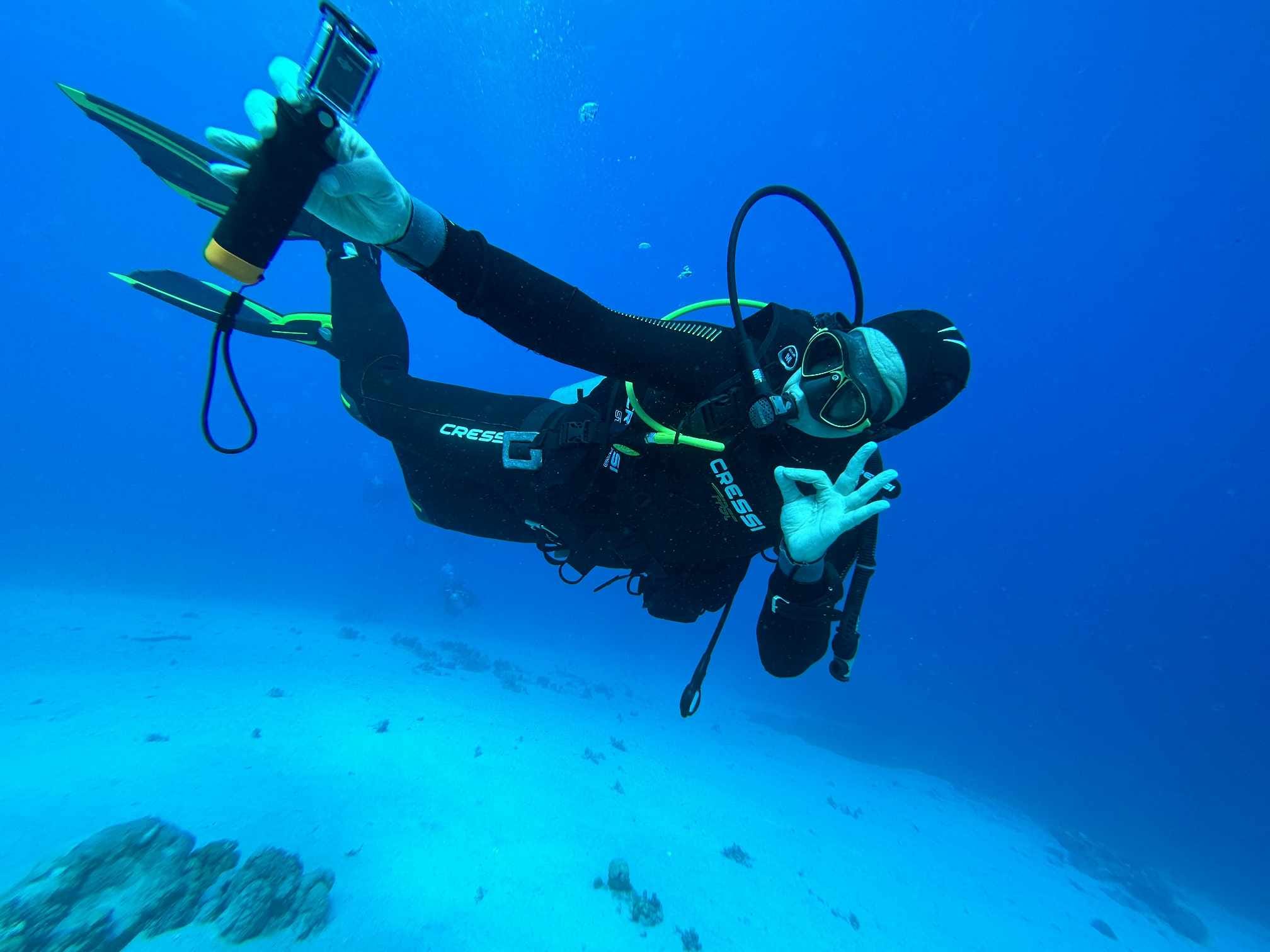Diving is an exciting and inspiring activity that allows you to get to know the underwater world. However, after diving, it is important to observe a certain amount of time before taking off in a plane. In this article, we will look at why it is important to observe the no-fly time, how to calculate it and answer the most frequently asked questions on this topic.
Why is it important to observe no-fly time after diving?
After diving, decompression nitrogen bubbles may form in your body. If you rise to the surface of the water too quickly, these bubbles can expand and cause serious health problems such as decompression sickness. Decompression sickness can manifest itself in a variety of symptoms, from mild joint pain to severe neurological disorders.
How to calculate no-fly time after submersion?
The no-fly time is calculated based on the depth and duration of the dive. The dive computer shows no-fly time if it has been turned on for the duration of the dive. A variety of tables and calculators are available to help you calculate your no-fly time.

Most popular questions and answers:
Is it safe to fly right after diving?
No, it is not safe to fly immediately after diving. It is important to observe the no-fly time to reduce the risk of decompression sickness.
How long do you have to wait after diving before you can fly?
The no-fly time depends on the depth and duration of the dive. Usually, the recommended non-flying time is between 12 and 48 hours.
How can I find out the exact time of non-flying?
You can calculate no-fly time using dive tables or calculators, or your dive computer. Your dive computer displays the exact no-fly time after the dive. You can also consult a diving instructor or specialist about how long to wait before flying.
What if I fly too fast after diving?
If you board a plane and realize you are flying too soon after diving, it is important to contact a medical professional immediately.
What are the signs and symptoms of decompression sickness?
Symptoms of decompression sickness can vary, including:
- Pain in the joints
- Fatigue
- Headaches
- Dizziness
- Nausea
- Vomiting
- Unconsciousness
How can decompression sickness be prevented?
Decompression sickness can be prevented by following these recommendations:
- Follow the no-fly time after the dive by following the dive computer's instructions
- Do not exceed the safety limits of diving
- Use properly maintained diving equipment
- Take regular diving training and update your skills
Summary
Observing no-fly time after diving, you can reduce the risk of decompression sickness and ensure safe diving experience. If you have any questions about no-fly time or diving safety, consult with diving instructor or specialist.
Additional information:
- Divers Alert Network (DAN): https://www.diversalertnetwork.org/
- STEPS: https://www.padi.com/
- Daivings: Decompression sickness
Diving Club the instructors are always concerned about your safety while diving. Follow the no-fly time and diving safety rules for a safe and exciting diving experience!
If you experience symptoms of decompression sickness after diving, seek medical attention immediately! Prompt diagnosis and treatment are very important to prevent serious health consequences.

